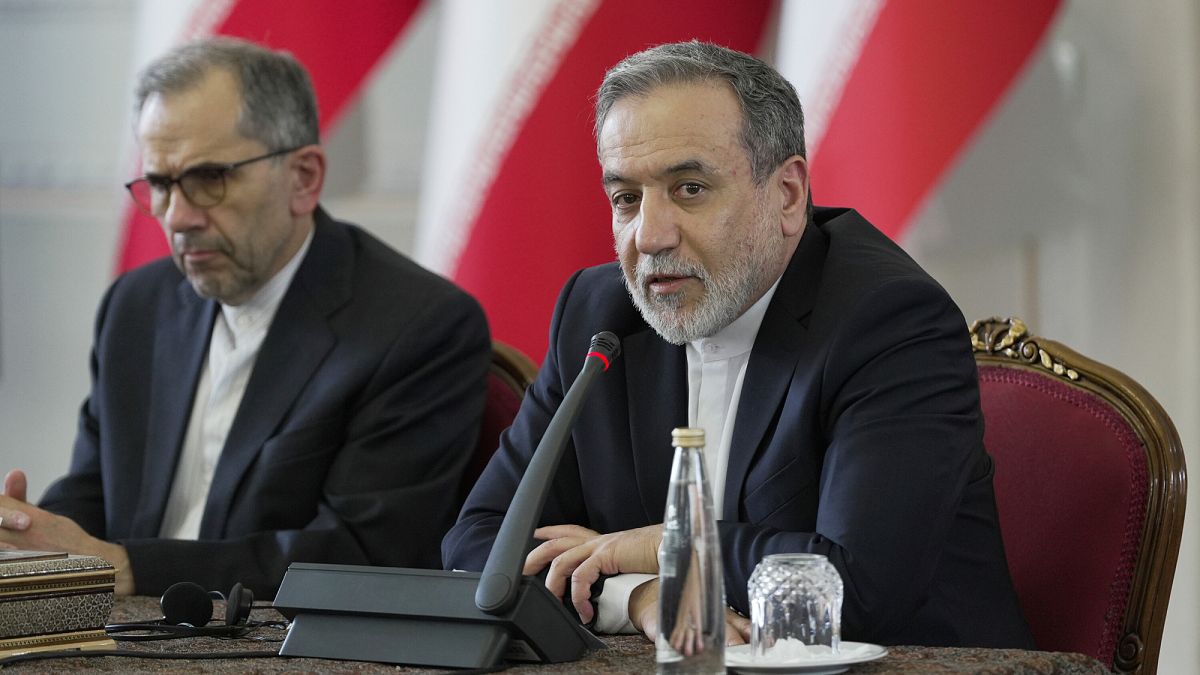

In recent times, global diplomatic discussions have taken center stage with a series of significant meetings and proposals that aim to address long-standing issues and promote peace. This article unfolds the key developments involving Iran’s nuclear program, defense aid for Ukraine, and the recognition of a Palestinian state.
The diplomatic landscape regarding Iran’s nuclear activities is poised for a potentially positive shift. Iran has announced its intention to engage in discussions with Russia and China. These preliminary talks will address Tehran’s nuclear program and the sanctions imposed on it. Following this, a more comprehensive dialogue with the three European powers—France, Germany, and the United Kingdom—is scheduled for later in the week. The Iranian Foreign Minister has emphasized that setting a date for these nuclear talks could mark a crucial step towards resolving the prolonged stalemate that has characterized the international community’s concerns over Iran’s nuclear ambitions. The hope is that this renewed dialogue will pave the way for a peaceful resolution and ease tensions.
Meanwhile, in the realm of defense and security, Western defense ministers have convened to discuss the provision of military support to Ukraine. This meeting comes on the heels of a proposed plan by former President Donald Trump, which suggests that European nations could supply Ukraine with weapons from either existing stockpiles or new armaments, facilitated through NATO channels. The discussions underscore the international community’s commitment to bolstering Ukraine’s defense capabilities amid ongoing regional tensions. The focus remains on striking a balance between providing adequate support and avoiding an escalation in conflict.
On another front, the political dynamics of the Middle East are being revisited, with senior UK Labour MP Emily Thornberry calling for the United Kingdom to officially recognize a Palestinian state. Her advocacy comes at a time when international recognition efforts are gaining momentum, particularly in light of an upcoming United Nations conference. Thornberry, who leads the House of Commons foreign affairs select committee, has stressed that acknowledging Palestinian statehood is a vital step toward achieving a ceasefire and a sustainable political resolution in the region. With the conflict in Gaza having resulted in substantial loss of life and suffering, the push for recognition is seen as a crucial component in the broader quest for enduring peace.
These diplomatic efforts are emerging amidst a global environment marked by complex interdependencies and regional challenges. The confluence of these talks and proposals highlights an overarching desire among nations to engage in constructive dialogue, foster understanding, and pursue peaceful solutions. As the world watches, these discussions carry the promise of reducing tensions and building bridges across divides.
In conclusion, the unfolding developments in global diplomacy are testament to the resilience and determination of the international community to address issues that have long been sources of contention. Whether it is through resuming nuclear talks with Iran, supporting Ukraine’s defense needs, or advocating for Palestinian statehood, the common thread is a commitment to navigating challenges with patience and diplomacy. As these efforts continue, they serve as a reminder of the power of dialogue and cooperation in shaping a more peaceful future for all.
Source: {link}
